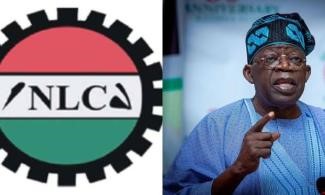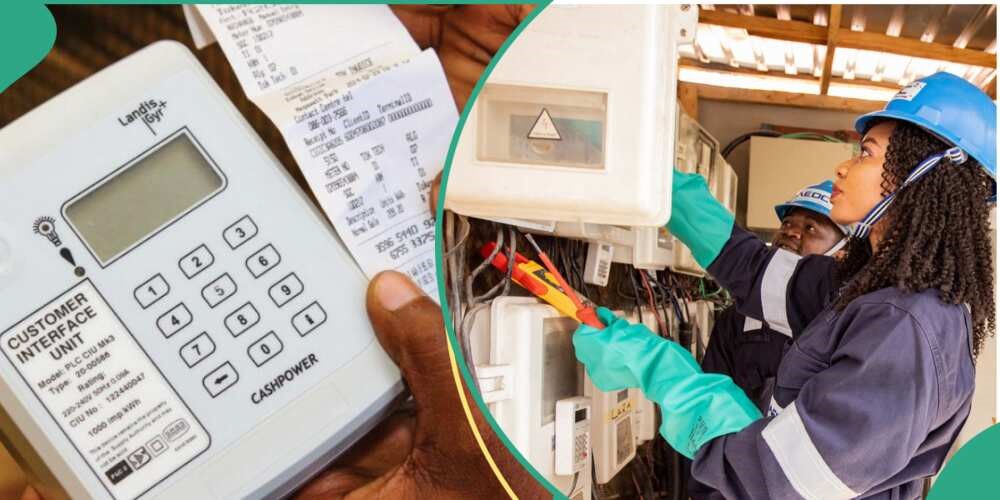On Friday, the Nigerian government reiterated its stance on the 240% increase in pricing for electricity consumers in the ‘A’ category, despite opposition demanding its reversal. The government also disclosed that electricity price subsidies would only be temporary, with a three-year plan in place to transition to fully reflecting the true costs.
The Nigeria Labour Congress, however, expressed dissatisfaction with the decision and urged the government to prepare for the consequences of the tariff hike. The NLC denounced the decision as unfair and unpopular, emphasizing that the government should be ready to handle the consequences of prioritizing advice from the World Bank and the International Monetary Fund.
During the announcement, Musliu Oseni, the Vice Chairman of NERC, emphasized that the tariff hike would only affect customers receiving 20 hours or more of power supply nationwide. Meanwhile, Dr. Adebayo Adelabu, the Minister of Power, stated yesterday that the federal government anticipates allocating approximately N2.9 trillion towards electricity subsidies in 2024.

Despite the tariff increase for Band A customers, he highlighted that the government continues to subsidize 85% of electricity provision in the country. He further emphasized the government’s commitment to pro-poor power policies, noting that it subsidizes no less than 67% of the total costs involved in generating, transmitting, and distributing electricity in Nigeria.
Adelabu made these remarks during the Fourth Ministerial Briefing held in Abuja, alongside the Minister of Information and National Orientation, Mr. Mohammed Idris. He emphasized that prior to the tariff increase, the government was subsidizing at least 67% of the expenses involved in generating, transmitting, and distributing electricity in Nigeria.
He emphasized that this subsidy would exceed 10% of the national budget in 2024, totaling over N2.9 trillion. Adelabu emphasized the conflicting demands on the government’s financial resources, citing the needs of the military, infrastructure, housing, education, and health. He argued that expecting the government to continue subsidizing the power sector at such a high rate would be unfair and unworkable, and he urged a sensible and practical approach to solving the problem.

Adelabu emphasized that only 15% of customers were impacted by the tariff increase within the Band A Category, while approximately 85% of electricity consumers in the country benefited from the tariff review. However, Dr. Muda Yusuf, the CEO of the Centre for the Promotion of Private Enterprise (CPPE), expressed concerns regarding the magnitude of the tariff hike, particularly for those classified under Band A. He stressed that this categorization is not a matter of choice.
Yusuf admitted that the price rise may alleviate some of the financial burden for those who could afford it by eliminating the need to buy diesel, maintain generators, and reduce noise pollution. However, he issued a warning that many individuals, particularly those in the Band A group, may find the increase to be quite costly.
Yusuf also emphasized the broader challenges that the power industry is facing, characterizing it as a complex problem that affects the economy. He drew attention to the persistent financial and liquidity crises, which pose serious risks to investments made throughout the energy value chain.
It is crucial to remember that, even if raising energy prices is necessary to address the financing issue in Nigeria’s power industry, its effects on the populace—particularly those with lower incomes—must be carefully considered before being imposed. Ensuring equitable access to reliable power requires striking a balance between affordability and the need for sustainable investment.
Sources
- https://saharareporters.com/2024/04/06/electricity-tariff-hike-tinubu-government-must-face-consequences-nigerian-labour
- https://punchng.com/labour-threatens-showdown-as-fg-insists-on-electricity-tariff-hike/?amp
- https://leadership.ng/240-electricity-tariff-hike-households-brace-up-for-tougher-times/




